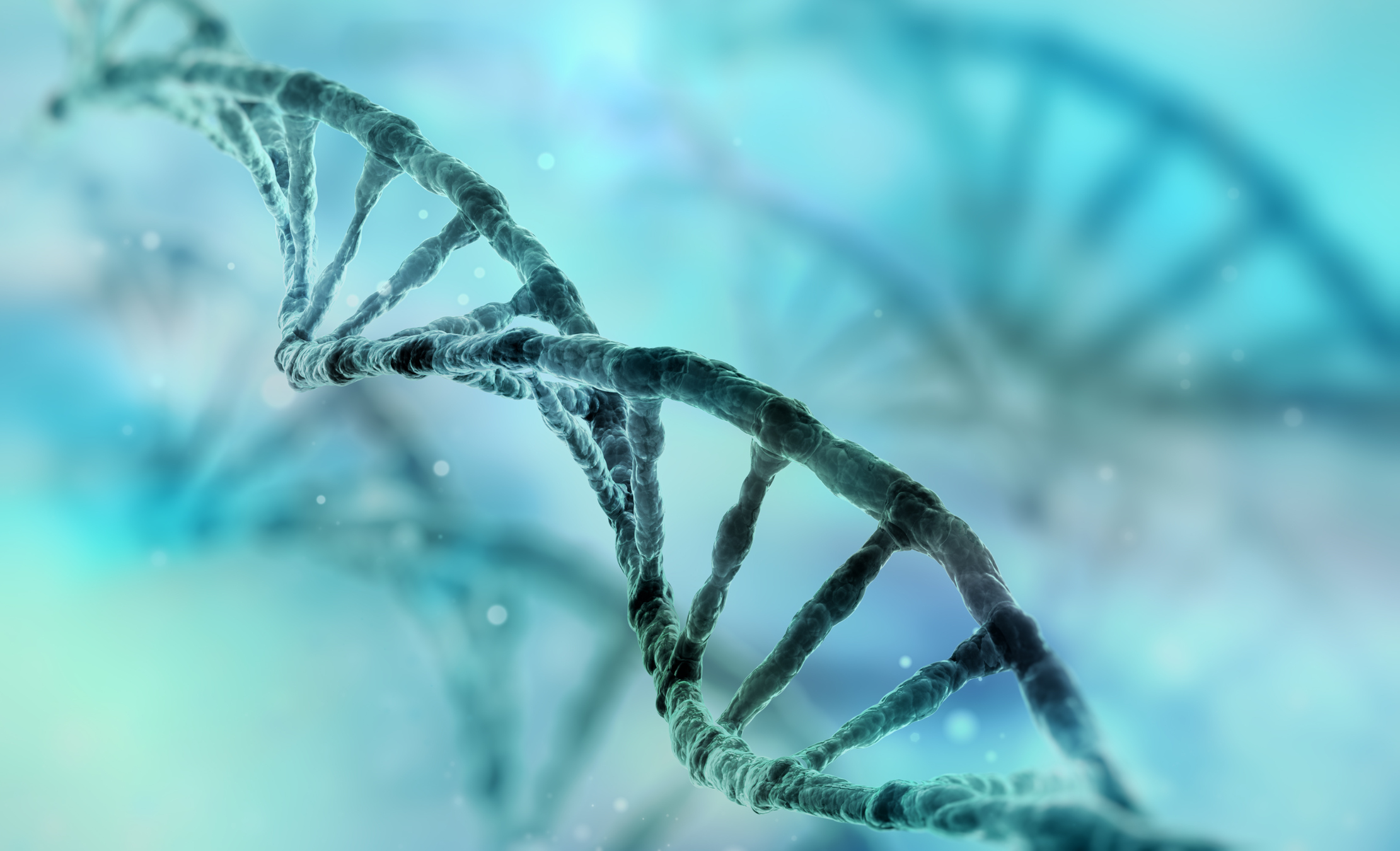Category: Scientific Advances
-

Sex Differences in Neural Mechanisms of Decision-Making
Investigators have discovered novel neural mechanisms that influence sex differences in the motivation based on past experiences, according to findings published in Nature Neuroscience.
-

First Wearable Device for Vocal Fatigue Senses When Your Voice Needs a Break
Scientists have developed the first wearable device to track how much people use their voices, alerting them to overuse before fatigue and potential injury set in.
-

First COVID-19 Vaccination Can ‘Hurt’ Subsequent Boosters
A new Northwestern Medicine study shows antibodies generated by prior vaccinations or infections can actually “hurt” subsequent COVID-19 booster shots.
-

New Gene Implicated in Cancer, Cellular Stress Response
Northwestern Medicine scientists have identified a gene that plays a role in cellular responses to molecular stressors, such as DNA damage and nutrient scarcity.
-

Genetic Variations Influence Drug Metabolism in Patients of African Descent
Northwestern Medicine investigators have identified new genetic variations effecting gene expression in the liver cells of patients of African descent, findings that provide insight into how drugs are metabolized differently in different populations.
-

Longtime Alcohol Consumption Speeds Up Biological Aging
Consuming certain types of alcohol over long periods of time as well as binge drinking both speed up biological aging, according to a recent Northwestern Medicine study.
-

Transforming the Way Cancer Vaccines are Designed and Made
A new way to significantly increase the potency of almost any vaccine has been developed by Northwestern scientists.
-

Calcium Channels Regulate Neuroinflammation and Neuropathic Pain
Northwestern Medicine investigators have discovered that specific calcium channels help regulate sex differences in the functioning of immune cells for neuroinflammation and overall neuropathic pain.
-

Shortage of Mental Health Professionals Linked to Increase in Youth Suicides
Shortages of mental health professionals across U.S. counties were associated with an increase in youth suicides, according to a Northwestern Medicine study.
-

Wireless Brain Implant Monitors Neurotransmitters in Real Time
Scientists have developed a wireless, battery-free implant capable of monitoring dopamine signals in the brain in real-time, an advance that could aid in understanding the role neurochemicals play in neurological disorders.






